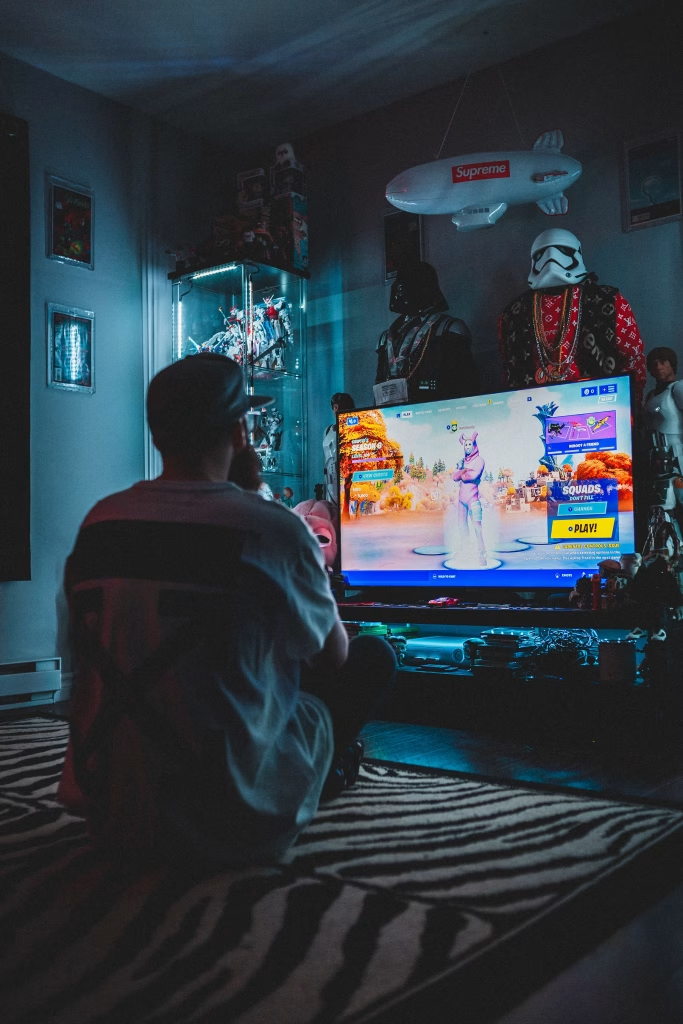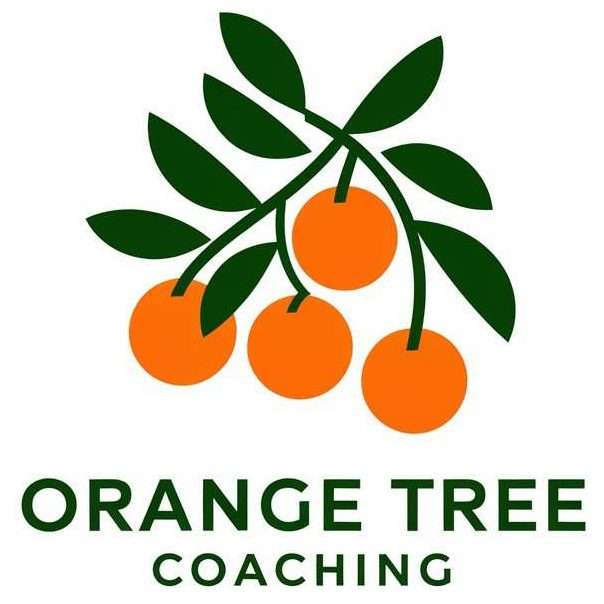As both an Oxford science graduate and youth mentor with over five years of experience, I bring a unique perspective to the gaming debate. Through my work with teens and their families, I’ve discovered that the real issue isn’t usually gaming itself – it’s what gaming might be replacing or revealing about your teen’s needs.

Beyond the Standard Gaming Debate
Most articles about teen gaming focus on addiction risks or time limits. While these are important considerations, my experience working with young people has shown that understanding the why behind gaming behaviour is far more crucial than focusing on the what.
What Gaming Actually Provides Your Teen
Through my coaching practice, I’ve identified several key needs that gaming often fulfils:
Competence and Mastery
- Clear progression systems
- Immediate feedback
- Achievable challenges
- Visible skill development
Social Connection
- Peer bonding
- Team collaboration
- Leadership opportunities
- Community belonging
Emotional Regulation
- Stress relief
- Anxiety management
- Achievement feelings
- Safe failure environment
The Hidden Opportunities Most Parents Miss
Rather than viewing gaming as purely negative, I’ve helped families leverage gaming interests to develop valuable skills and opportunities:
1. Technical and Creative Pathways
Many of my clients have transformed gaming interests into:
- Programming and game development
- 3D modelling and animation
- Digital art and design
- Content creation and streaming
- Video editing and production
2. Professional Skills Development
Modern gaming often involves:
- Project management (in team-based games)
- Strategic planning and resource management
- Communication and leadership
- Problem-solving and critical thinking
- Data analysis and optimisation
3. Entrepreneurial Opportunities
I’ve guided teens in turning gaming knowledge into:
- YouTube channels and content creation
- Coaching other players
- Tournament organisation
- Community management
- Game testing and quality assurance
Signs Gaming Might Be a Problem (Beyond Screen Time)
Through my work with families, I’ve identified several key indicators that gaming might be masking deeper issues:
Red Flags to Watch For:
Emotional Patterns
- Using gaming to avoid emotional discomfort
- Extreme mood changes when unable to play
- Gaming as the only source of positive feelings
- Using gaming to escape real-life responsibilities
Social Indicators
- Refusing in-person social activities
- Only socialising through games
- Difficulty maintaining non-gaming relationships
- Avoiding family interactions
Academic Impact
- Declining grades despite clear capability
- Last-minute or missed assignments
- Difficulty engaging with non-digital learning
- Resistance to academic support
Constructive Approaches That Actually Work
Based on my experience helping families navigate this challenge, here are strategies that go beyond simple restriction:
1. Build Bridges, Not Walls
Instead of fighting against gaming:
- Learn about their games and achievements
- Ask about their strategies and decisions
- Show interest in their gaming communities
- Connect gaming skills to real-world opportunities
2. Create Balanced Structure
Help them develop:
- Clear daily routines that include gaming
- Healthy sleep patterns
- Regular physical activity
- Face-to-face social interactions
- Academic support systems
3. Channel Gaming Interests Productively
Guide them towards:
- Coding bootcamps or classes
- Digital design courses
- Content creation workshops
- Game development programs
- Esports teams with good coaching
Professional Support and Next Steps
Sometimes, navigating the balance between supporting digital interests and ensuring healthy development requires additional guidance. As someone who understands both the technical and developmental aspects of this challenge, I offer specialised support to help:
- Assess current gaming patterns
- Identify underlying needs and concerns
- Develop balanced activity plans
- Create pathways to productive opportunities
- Build healthy gaming boundaries
If you’re concerned about your teen’s gaming habits or interested in helping them channel their digital interests more productively, I offer free initial consultations to discuss your specific situation and explore potential solutions.
Through my work with families in Oxford and internationally, I’ve seen how the right approach to gaming can transform it from a source of family conflict into a stepping stone for growth and opportunity. Let’s work together to help your teen find that balance.
